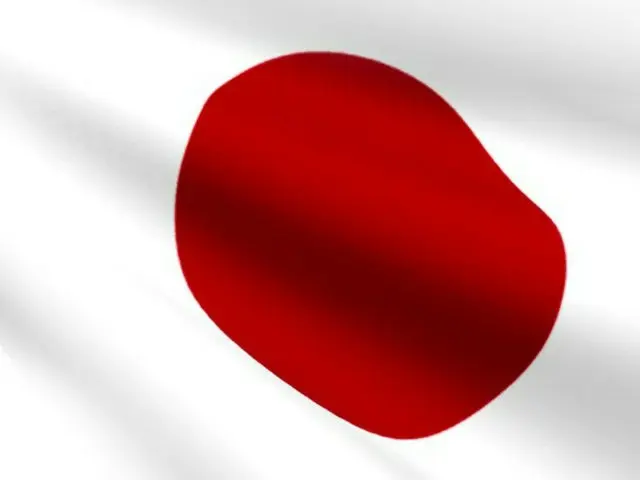According to the Korea Agro-Fisheries and Food Trade Corporation's (aT) agricultural and food export information, recently in Japan, various low-salt foods have been developed to target consumers who prefer low-salt foods.
Asahimatsu Foods recently launched "Small New Asahi Tofu." It is a product that can be easily eaten by pouring hot water and adding liquid seasoning four minutes later.
The salt content has been reduced by about 95% during the manufacturing process using a processing method that uses lactic acid bacteria. The salt content of the seasoning soup has also been reduced by about 30% compared to the original product.
Maruju Daiya has launched "Maruju Soy Sauce Special Reduced Salt".
It has been found that the demand for this product, which uses electrodialysis to remove 50% of the salt while retaining the flavor of soy sauce, is increasing as it helps improve dietary habits.
Takohachi has launched "frozen okonomiyaki". This product has 1.8 grams of salt per piece, 30% less than other companies' frozen okonomiyaki.
This product was not initially released as a low-salt product, but it became known as such after it was released and has become popular.
This trend is believed to be due to the fact that excessive salt intake has been identified as the main cause of high blood pressure.
The number of people with high blood pressure in Japan is estimated at about 43 million. This is equivalent to about one-third of the total number of Japanese people. The Ministry of Health, Labor and Welfare has set the daily salt intake limit for people aged 20 and over at less than 7 grams.
According to the 2019 Japan National Health and Nutrition Survey, the salt intake of Japanese people exceeds the target at 10.9 grams per day for adult men and 9.3 grams for adult women.
An official from the Korea Agro-Fisheries and Food Trade Corporation said, "In Japan, where the population is rapidly aging, extending healthy life expectancy is essential to improve quality of life and realize well-being.
"In addition to basic policies for promoting national health such as the Ministry of Health, Labor and Welfare's 'Health Japan 21', local governments across Japan are carrying out various activities to promote low-salt foods."
"There was a perception that low-salt foods were not tasty, but recently various manufacturing methods have been introduced and consumers have become captivated," he said. "The choice of low-salt foods is also increasing among export products from Korea."
"We need a strategy that can add more options and meet Japan's demand for health foods."
2024/07/29 09:22 KST
Copyrights(C) Edaily wowkorea.jp 107

